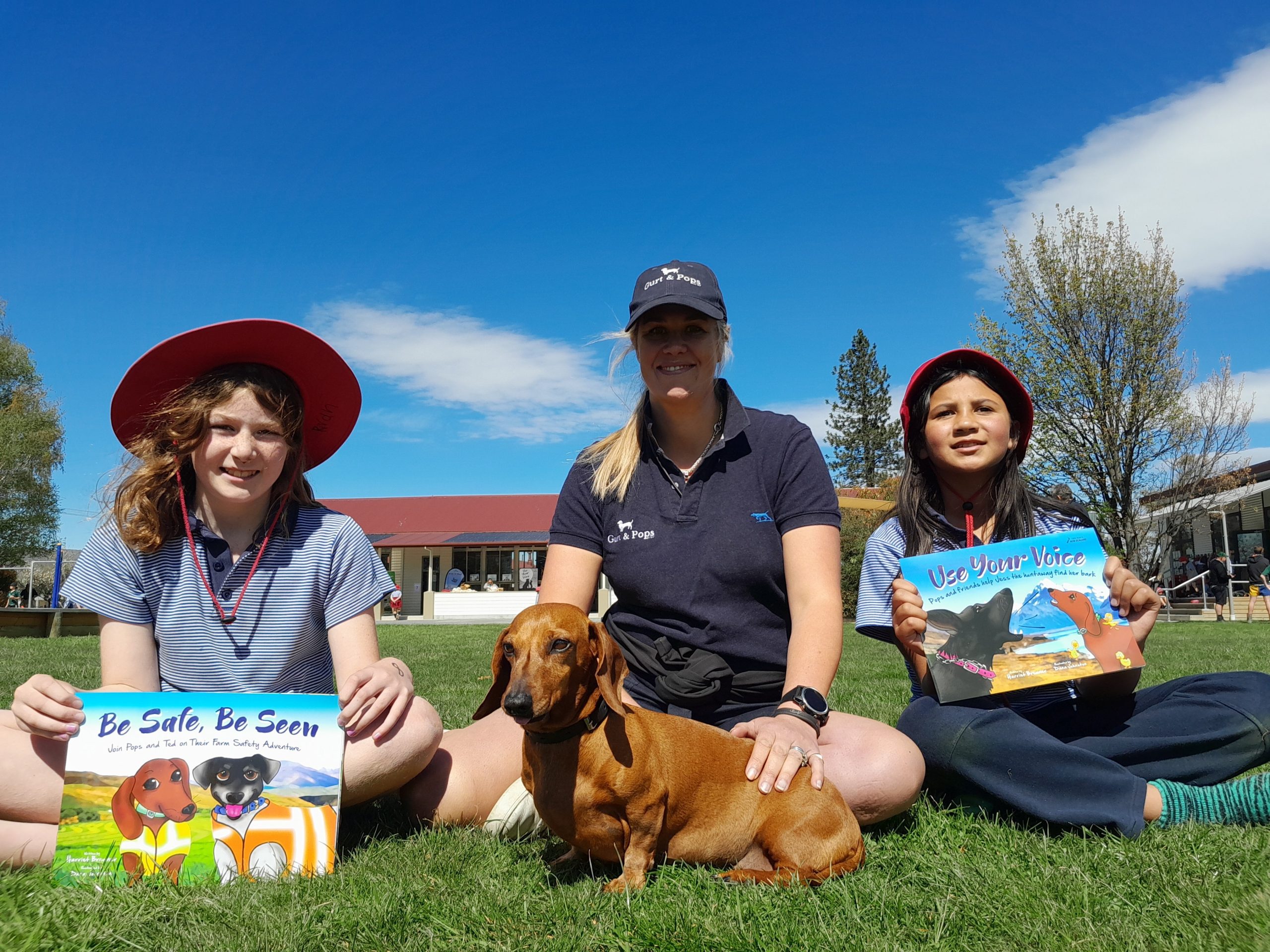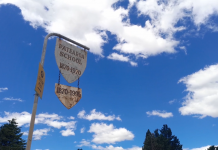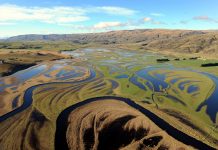Tomorrow’s farmers gathered in Omakau last week to hone their safety skills, as part of a campaign designed to save lives on New Zealand farms.
More than 120 pupils from Omakau School and Roxburgh Area School completed 13 modules as part of the Think Safe Brain, a programme covering a wide range of skills and safe practice including firearm and animal safety through to what to do around downed powerlines and how to tourniquet a wound.
Organiser Harriet Bremner-Pinckney, who farms at Jericho Station, near Manapouri, founded the Think Safe Brain campaign several years ago.
She hoped to bring a new view of farm safety, by making practical changes to everyday farm life.
The day was a way to bring adults and children together to have a meaningful conversation about recognising and dealing with risks and children were key to this, she said.
‘‘[The campaign] empowers kids to make lifesaving decisions.’’
These children can grow up with a new outlook on health and safety, she said.
‘‘It’s about the community coming together, celebrating farming . . . celebrating their kids and their future farmers or agribusiness workers and making sure they grow up understanding what it means to really look after themselves and ultimately come home alive.’’
While the campaign could not train children for every situation, it could help them become safe and effective decision-makers.
‘‘[Children] love going out on the farm and they love telling mum and dad how to look after themselves and stay safe.’’
Mrs Bremner-Pinckney said, currently, safety changes were made as a reaction rather than a prevention.
‘‘We have to wait for someone to die before there’s any change.’’
Some farmers had taken good luck as good management, but ‘‘[you] can’t base safety off luck — because luck runs out.’’
‘‘We need to be preventative in our behaviours and actions to save lives.’’
She hoped to take the campaign nationwide and have the ability to revisit schools.
Each family took home one of Mrs Bremner-Pinckney’s books, which was a great way to consolidate the learning they had done, she said.
Omakau School pupil Krystal-Lee Ngataki, 9, said her favourite part of the day was learning about first aid with Hato Hone St John staff.
‘‘In case someone gets hurts . . . we can help people get safe.’’
Fellow pupil Mia Chamberlain, 8, said, before the safety day, she would not have known how to make safe decisions on a farm.
‘‘We would have just never [have known] what we were supposed to do.’’
Otago Rural Support Trust chairman Tom Pinckney said farm safety in schools was a great way to get the message across early.
Children were ‘‘little sponges’’, and took on the knowledge well.
‘It’s great getting in early . . . It’s all good stuff.’’
He hoped children could provoke conversations at home about mental and physical wellbeing.
Omakau School principal Adelle Banks said pupils had loved the safety day.
‘‘We’re a rural school and a rural community, so farm safety day has got a really important message about safety around machinery and on the farm.’’





